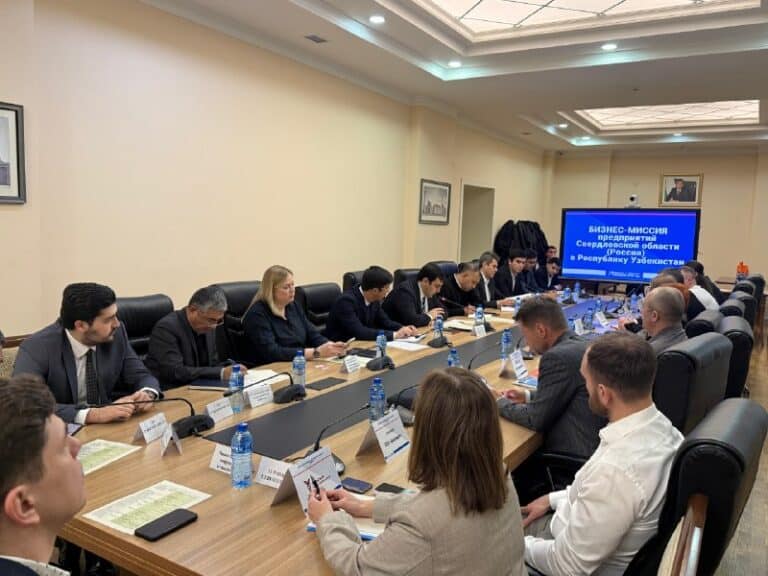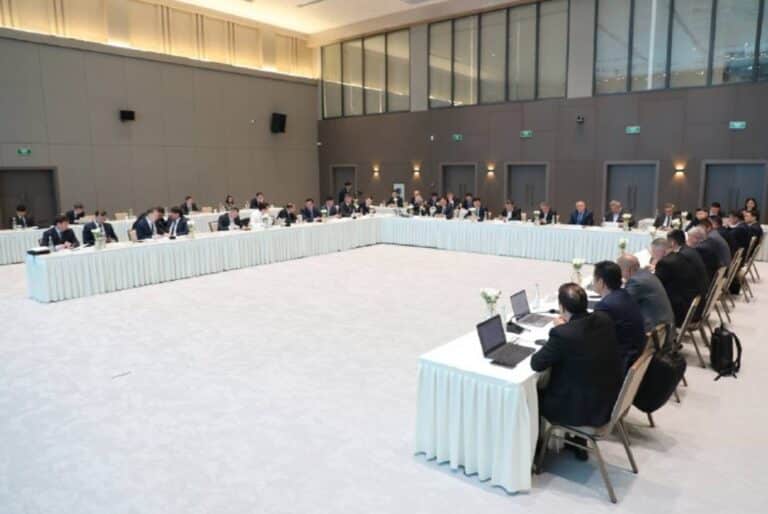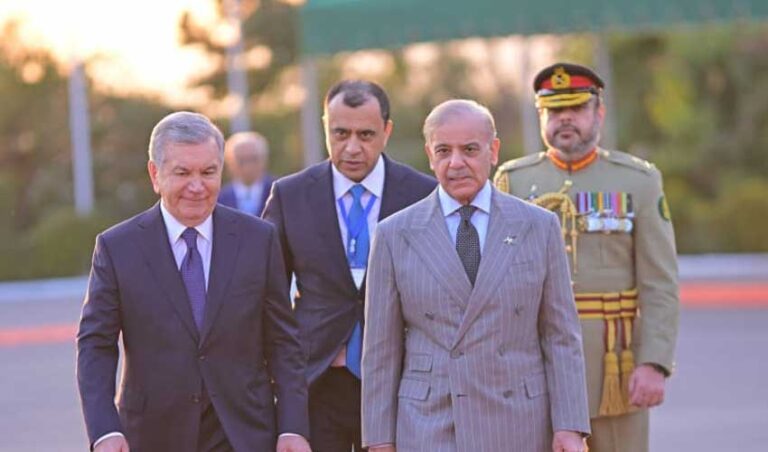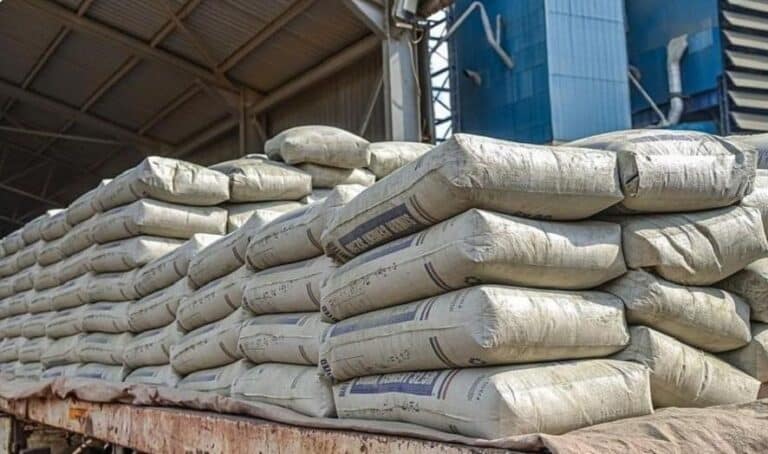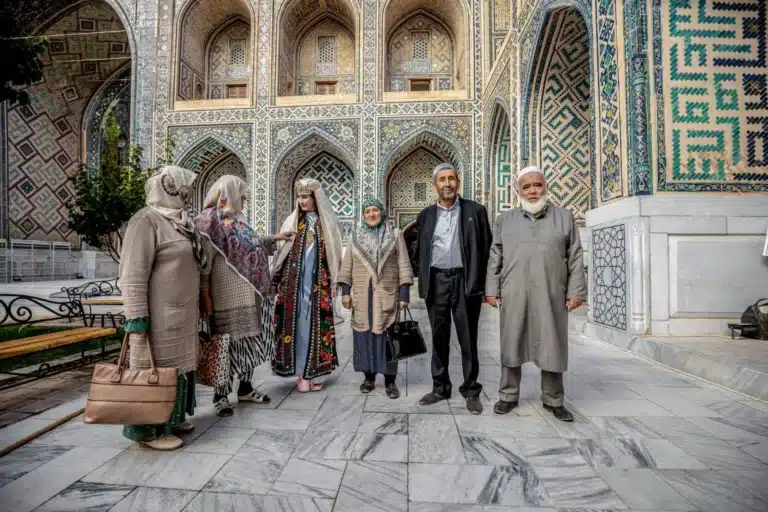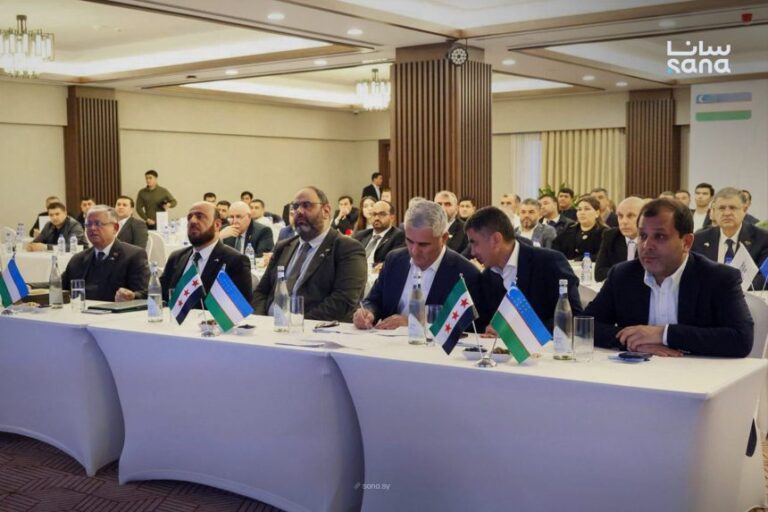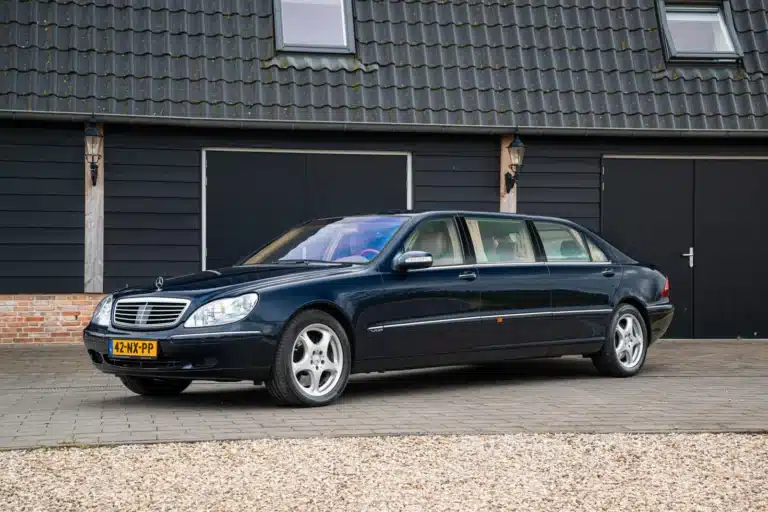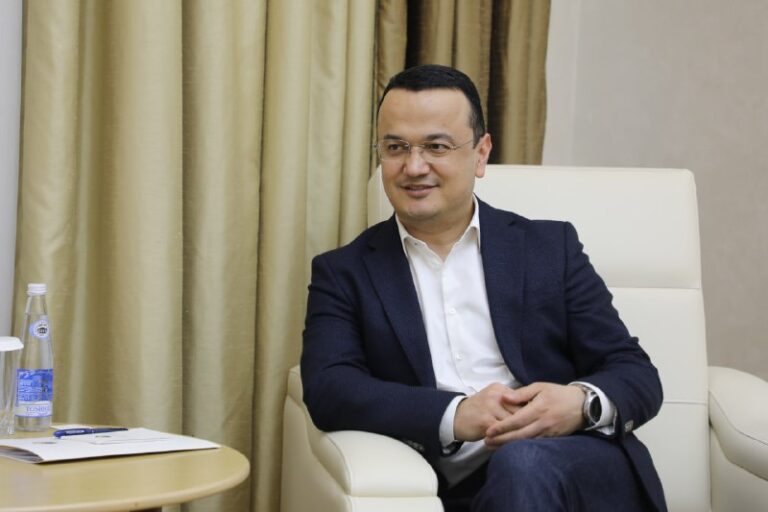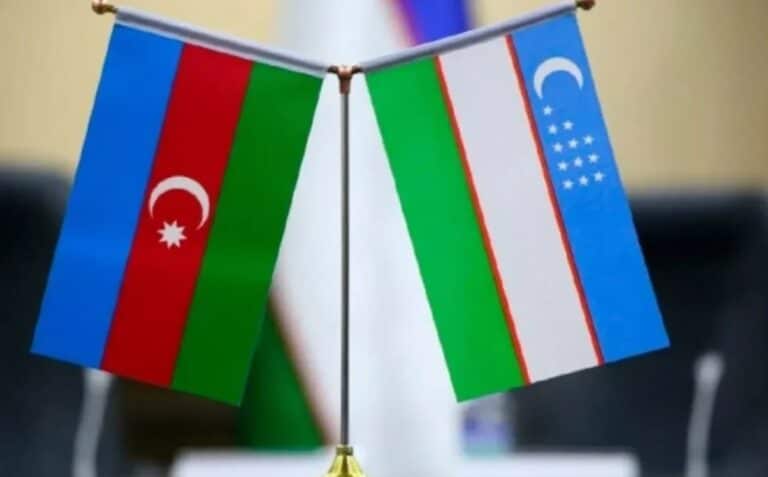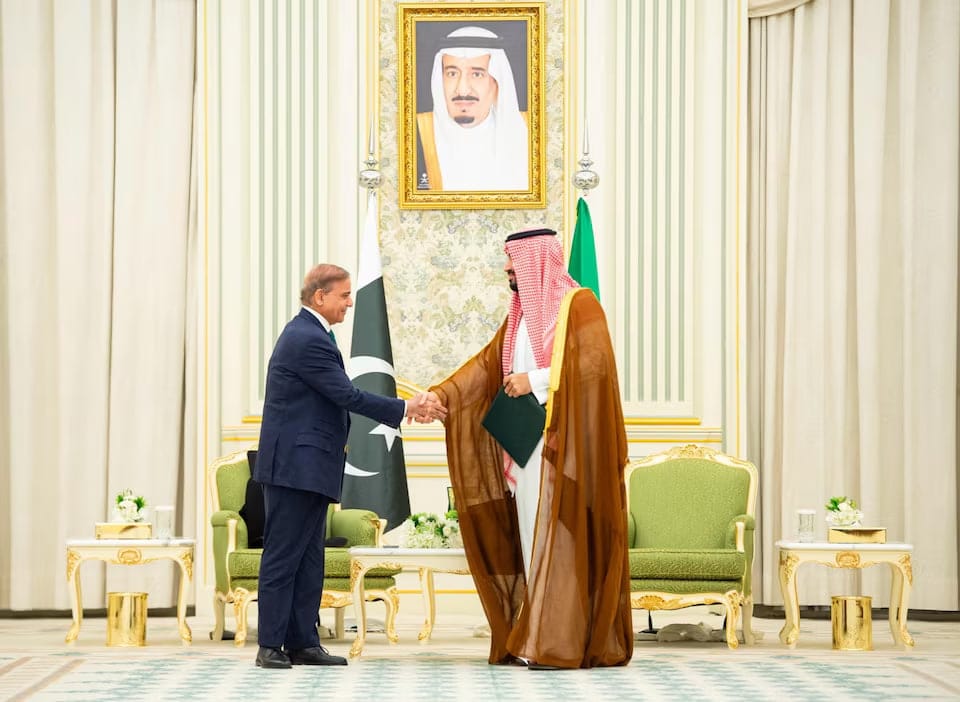
Saudi Arabia and Pakistan signed a formal mutual defence pact on September 17, reinforcing a security partnership that has spanned decades as regional tensions intensify.
The agreement reflects mounting unease among Gulf Arab states over the reliability of the United States as their traditional security guarantor. Concerns have grown following Israel’s strike on Qatar last week.
A senior Saudi official told Reuters that the pact represented the culmination of years of talks.
«This is not a response to specific countries or specific events but an institutionalisation of longstanding and deep cooperation between our two countries,» the official said.
Israel’s recent attempt to assassinate Hamas leaders in Doha with airstrikes, while ceasefire negotiations mediated by Qatar were under way, angered Arab governments across the region.
Shifting Regional Calculations
The Saudi-Pakistani deal also comes months after Pakistan fought a brief conflict with rival India in May.
India’s foreign ministry spokesperson Randhir Jaiswal said on September 18, that New Delhi was aware of the agreement and would examine its implications for India’s security and regional stability.
The senior Saudi official acknowledged the need to balance ties with Pakistan’s rival, India, which is also a nuclear power.
«Our relationship with India is more robust than it has ever been. We will continue to grow this relationship and seek to contribute to regional peace whichever way we can,» the official said.
Asked whether Pakistan would extend a nuclear umbrella to Saudi Arabia under the pact, the official described it as a comprehensive defensive arrangement covering «all military means.»
Leaders Embrace Defence Commitment
Pakistani state television broadcast footage of Prime Minister Shehbaz Sharif and Saudi Crown Prince Mohammed bin Salman embracing after the signing ceremony. Pakistan’s army chief, Field Marshal Asim Munir, widely regarded as the country’s most powerful figure, was also present.
A statement from Sharif’s office said:
«This agreement, which reflects the shared commitment of both nations to enhance their security and to achieving security and peace in the region and the world, aims to develop aspects of defence cooperation between the two countries and strengthen joint deterrence against any aggression. The agreement states that any aggression against either country shall be considered an aggression against both.»


